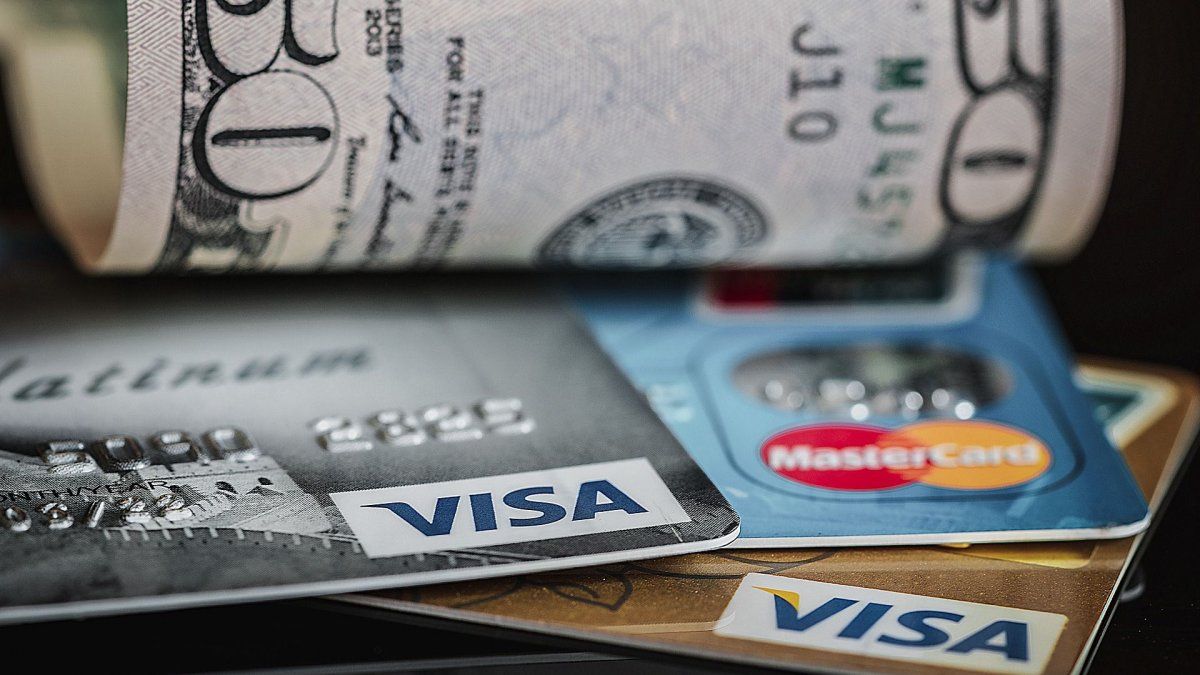Key paragraphs:
According to what the president of the Central Bank (BCRA), Miguel Pesce, told Ámbito at the Central Bank's Monetary and Banking Conference, Mastercard will have it operational as of this Friday and Visa will join next week.
....According to what the banking sector explained to this media, what delayed the implementation is that for credit cards it is a somewhat cumbersome operation. "The regulation explicitly states that this dollar value is applicable only to non-residents in the country. And that poses great difficulty that we will have to see how to solve", says a banking source. Otherwise, this would be a window in which those nationals who have plastic issued abroad would benefit from an improved exchange rate.
As a result, companies have to settle the expenses of international non-resident, resident and local cards differently. The former are executed through financial dollars. The pesos spent by the user are exchanged at the MEP rate and that exchange rate is applied at the time of cancellation of the purchase. Meanwhile, for all residents, the expenses in dollars up to US$300 are quoted at the official rate plus the country tax and a 45% advance payment of income tax, and, once that amount is exceeded, the taxes that make up the Qatar dollar (an additional 25% of Personal Property) are also applied.
There are those who point out that initially it will be complex to differentiate local holders of international cards from the rest. However, this would be a lesser evil that the Gov't should accept in order to correct the problem presented within the BCRA balance sheet, which shows that, since the end of the convertibility until now, never before have so few dollars entered the reserves from tourism as at this moment. And this is due to the lack of incentives for visitors to go to the official dollar....

